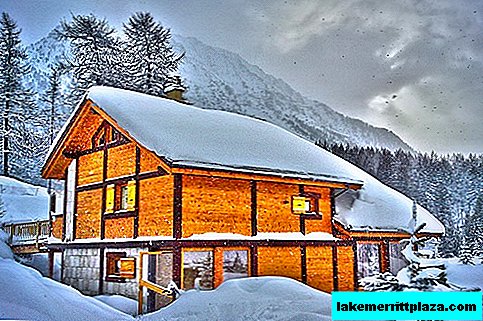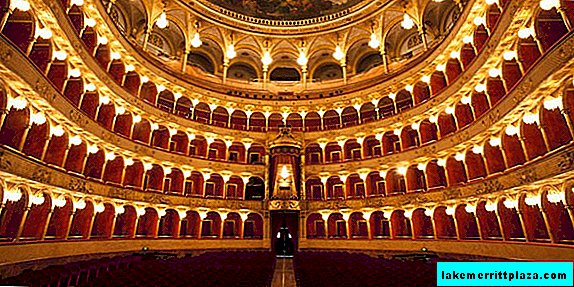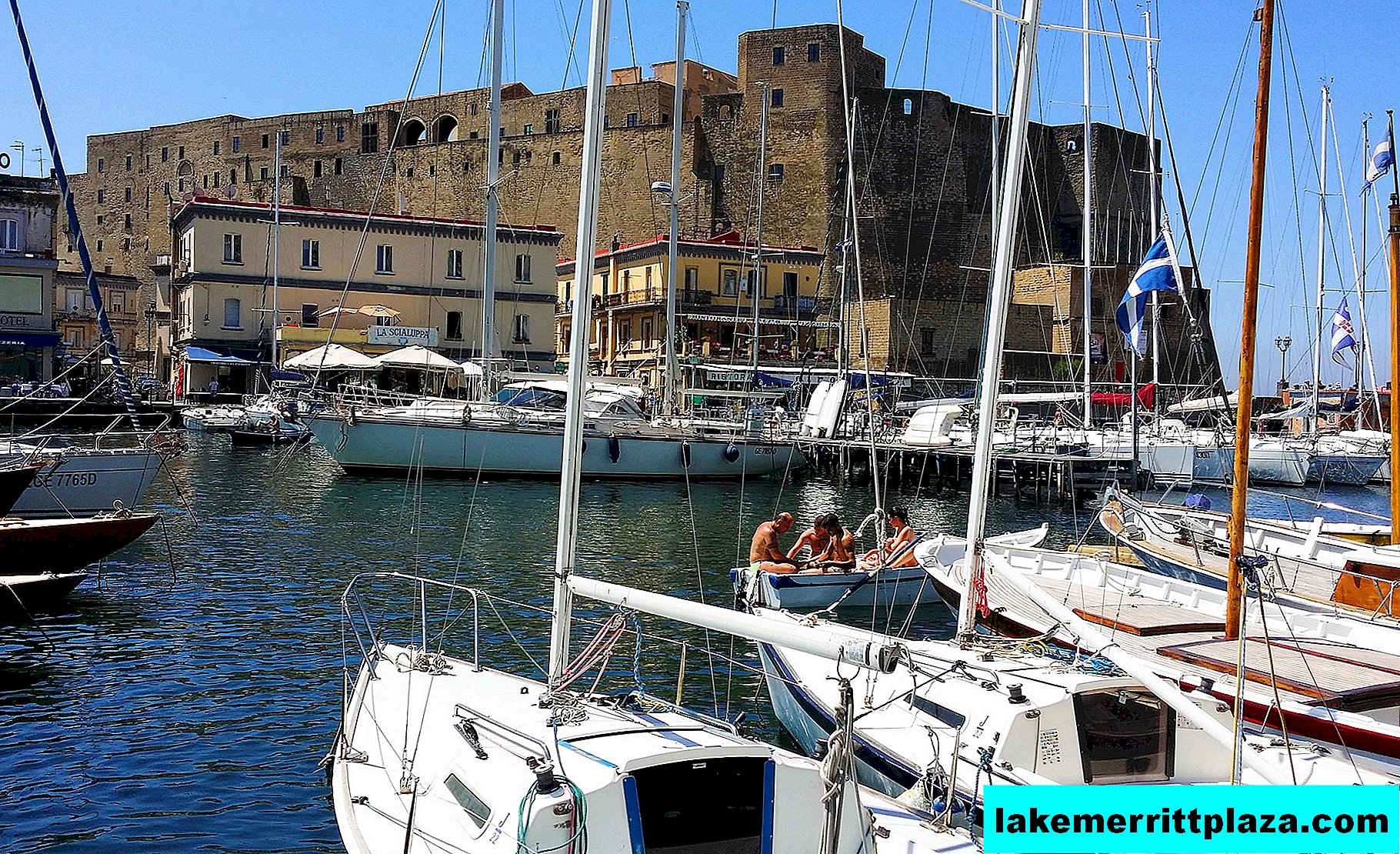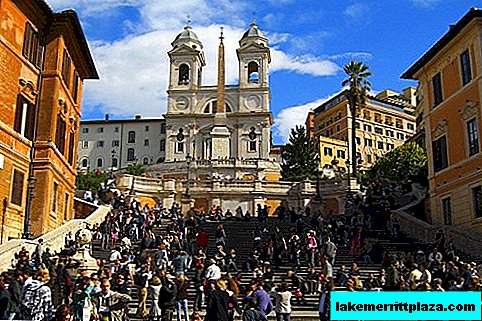For people who do not care about the cold, winter can be a great time of the year to plan your trip to Italy. Winter in Italy is a classic “off-season”, which means not only a pleasant subsidence in housing and transport prices, but also far fewer visitors to museums and historical sites. This is the period when the theater and opera seasons are at their zenith. And if you are also a skier, then the Italian mountains will offer a lot of opportunities for organizing a full winter holiday.
Weather in Italy in winter
The weather varies from relatively mild along the coast of Sardinia, Sicily and the southern tip of mainland Italy to cold and snowy in the north of the country. Even popular tourist destinations such as Venice, Florence and the mountain villages of Tuscany and Umbria can be covered in snow during this period.
Most precipitation falls from November to December, and this also has to be taken into account. However, although rain and snow in italy in winter quite a normal phenomenon, it should be understood that the Italian winter is still far from Russian or Ukrainian, and clear days here are not so very rare.
More information about the weather in Italy in winter can also be found in the post Climate and Weather in Italy.
Winter festivals and holidays
Even taking into account the fact that winter in Italy as a whole is a period when there are much fewer tourists visiting the country compared to summers, there are peaks attributable to holidays here too. The largest of these is Christmas, which is celebrated on a grand scale in Rome and the Vatican. Other significant holidays are New Year and Epiphany. If your path lies through Venice, then the famous Carnival often falls on this period, which you can learn more about the dates here.
Public holidays in winter Italy are Christmas and the day following it, New Year and Epiphany. The latter is celebrated on January 6, and this is the day when the Italian version of Santa Claus (in female guise) - La Befana - brings gifts to the kids. These days, most shops, museums and tourist facilities are closed.

In the Italian Alps you can feel the winter for real
Cities of Italy in winter
Early winter sunsets increase the amount of time spent exploring the nightlife of Italian cities. In many localities, municipalities organize decorative lighting of streets and main attractions, which makes night walks especially romantic.
Winter in Italy is a great time to attend cultural events and performances in elegant historical theaters. Rome and Naples are famous for the mildest winters, thus attracting a lot of visitors. Visiting the Vatican on the eve of Catholic Christmas is very popular among Italians and visitors to the city.
Tourist sites in winter
In large cities, many museums and tourist sites in Italy are closed in the winter much earlier than in the summer. Outside of cities, the work schedule changes even more dramatically: attractions can only work on weekends, or even close for the low season. Many hotels and restaurants on popular summer destinations may also be closed. On the other hand, those hotels that continue to accept guests often offer significant discounts, trying to attract rare tourists (with the exception of ski resorts). Also in winter, tent camps and outdoor pools are closed.
Life is completely different in Italian ski resorts, including the Piedmont Olympic facilities built for the 2006 Winter Games, in the Alps and on Mount Etna in Sicily. Here, by winter, life is only waking up, attracting fans of extreme sports. Therefore, one does not have to wait for discounts and promotions for housing and meals.
Winter in Italy - summary:
- Cheap flights and housing prices (excluding holiday periods)
- High season for ski tourism
- Many cultural events and performances in theaters across the country
- Lack of crowds and queues at tourist sites and museums
For more detailed information on the month of your proposed trip, we also recommend our posts:
Photos by familymwr and maistora








